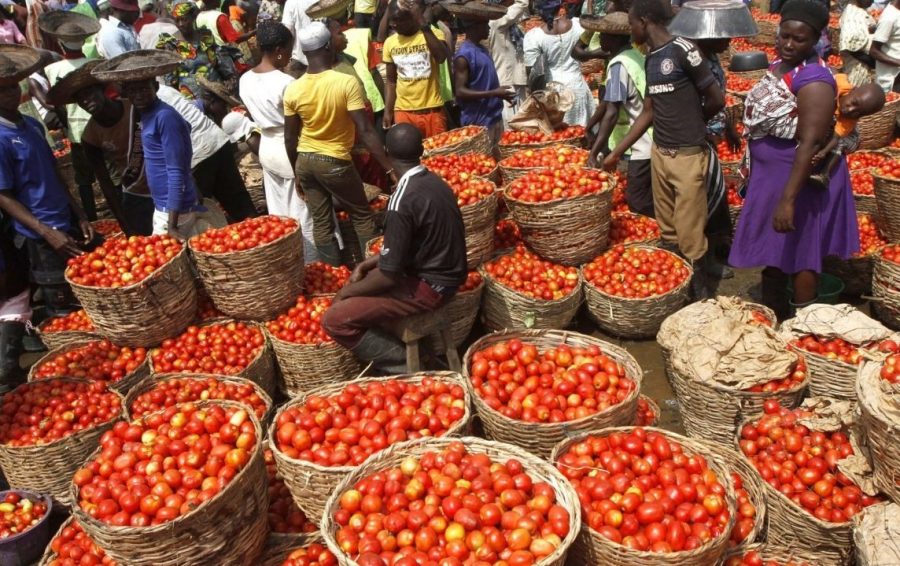Increase in tomato yield from 6 to 40 tons per hectare achievable – HortiNigeria
HortiNigeria Program has revealed that with the new approach in vegetable production adopted, the much-awaited increase in tomato production is achievable; as best agricultural practices and systematic processes along the value chain have proven very effective. This was disclosed by the Program Director of HortiNigeria Mohammed Salasi Idris during the program’s first annual learning workshop […]

HortiNigeria Program has revealed that with the new approach in vegetable production adopted, the much-awaited increase in tomato production is achievable; as best agricultural practices and systematic processes along the value chain have proven very effective.
This was disclosed by the Program Director of HortiNigeria Mohammed Salasi Idris during the program’s first annual learning workshop with the theme ‘The journey so far in transforming the Nigerian horticultural sector’ held in Kano State. According to him, the Dutch-funded HortiNigeria program, implemented through the International Fertilizer Development Centre (IFDC) and its consortium partners East-West Seed Knowledge Transfer (EWS-KT), Wageningen University and Research (WUR) among others, has been working to ensure a positive shift of vegetable production in some selected states in Nigeria.
He explained that the event aims to share the program’s learning history progress as well as to showcase the progress so far made since its inception in 2021, and also to create a platform for knowledge exchange, and foster collaboration among key stakeholders in the industry.
He added that the four-year program aims to support Nigeria in building a sustainable and gender- and youth-inclusive horticulture sector that contributes to nutritional and food security in the country, adding that the program has already started working with several stakeholders in Kaduna, Kano, Ogun, and Oyo states with focus on tomato, okra, onion, pepper, cabbage, cucumber, sweetcorn, and watermelon value chains.
One of the beneficiaries of the program Malama Ramlat Umar revealed that the innovation had accorded her the chance increase her tomato production because she was taught how to minimise post-harvest losses and she was linked with the market.
